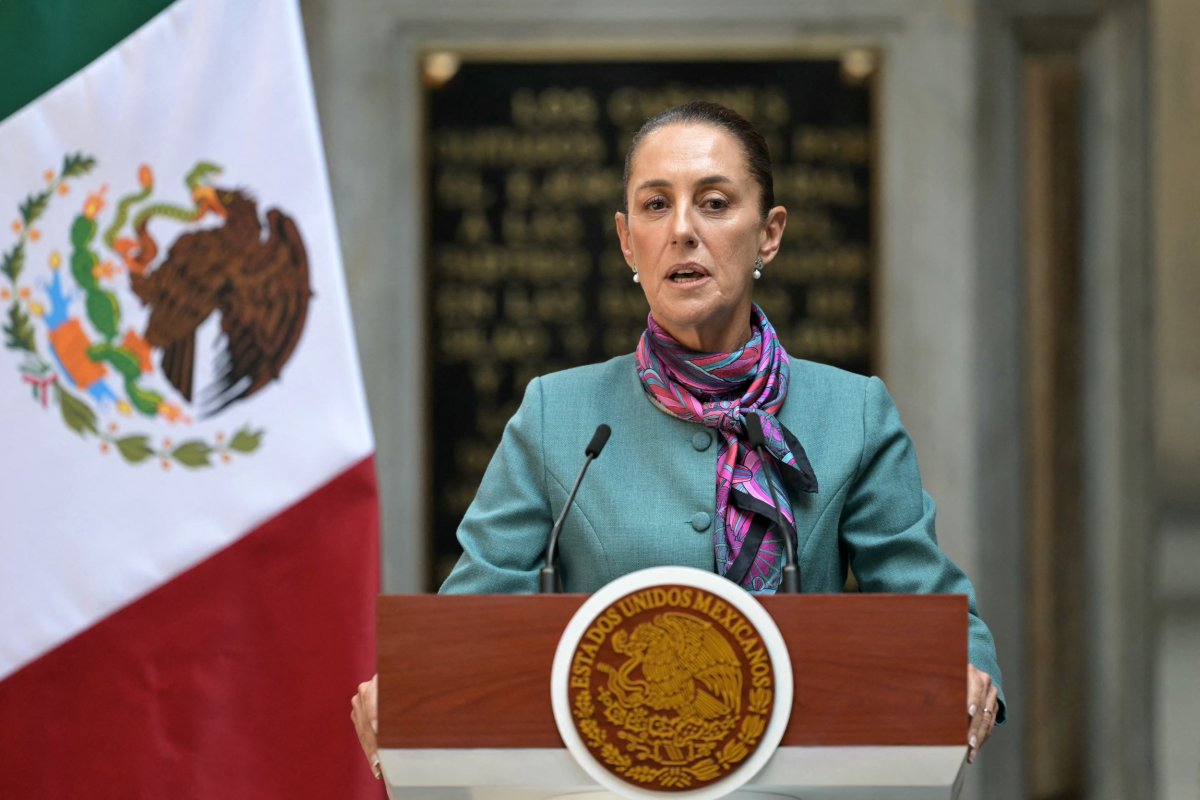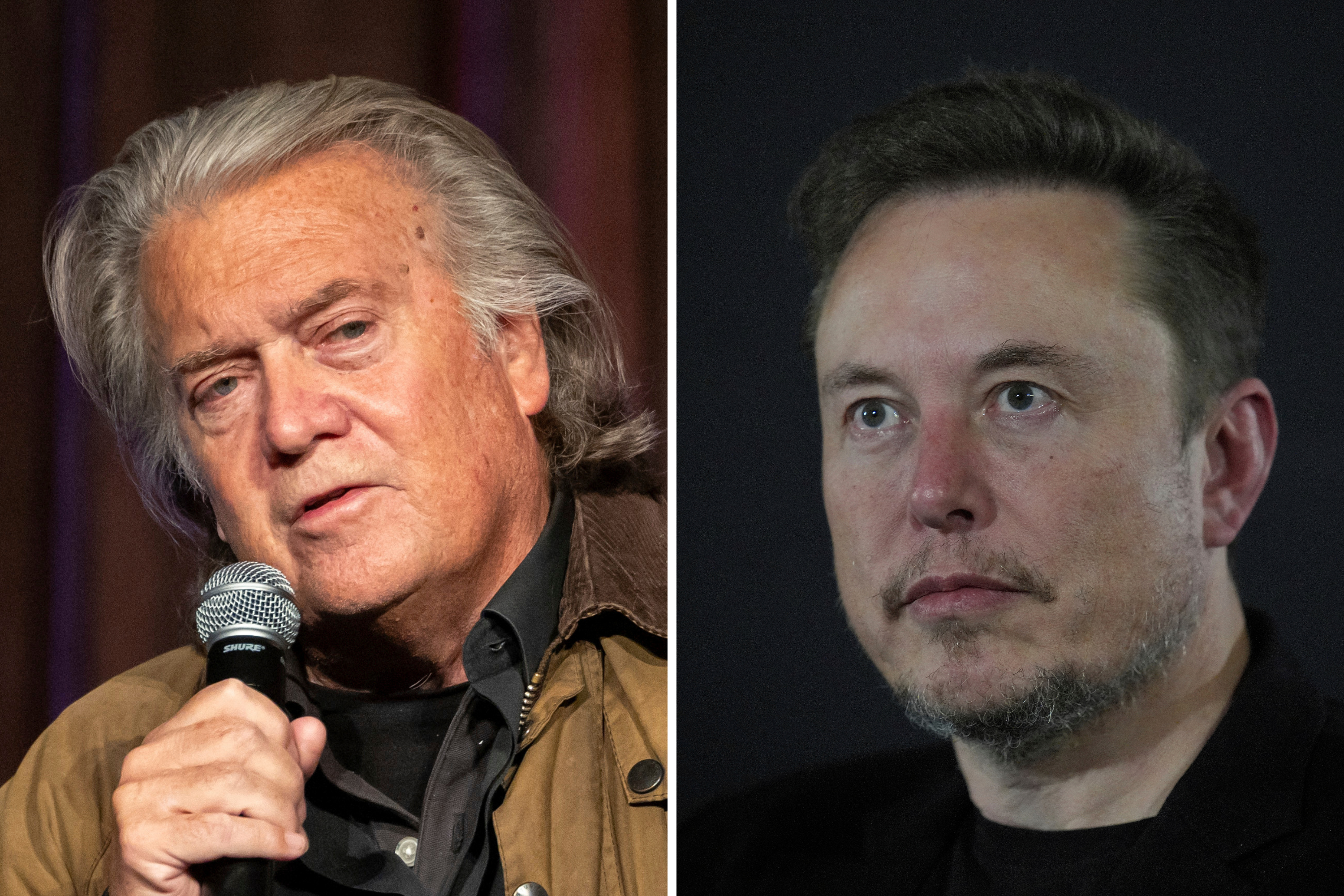President-elect Donald Trump's recent victory in the U.S. presidential election is part of a larger global trend of anti-incumbency sentiment and populist appeals to voters, as nearly half the world has held elections this year.
More than 60 countries have held elections in 2024. Billions of people were faced with a choice to choose their country's next leader, and overwhelmingly, more voters than before cast their ballot for the non-incumbent party candidate.
Over the year, most ruling parties in office, regardless of political ideology, have consistently failed on Election Day, with more voters than expected supporting opposition, non-incumbent parties and candidates.
Tuesday's U.S. presidential election appears to fall in line with the trend of anti-incumbency sentiment, Joshua Tucker, a politics professor at New York University, told Newsweek.
Although determining incumbency was particularly unusual this election, as Trump previously served as America's 45th president and Vice President Kamala Harris serves in the Biden administration, "she became the incumbent, even if it wasn't a hundred percent clear ahead of time," Tucker said.
Trump securedthe popular vote and the Electoral College against his Democratic opponent. In the weeks leading up to the election, some forecasts showed Trump ahead by a small margin, while most national aggregate polls found Harris leading in the popular vote.
"I think clearly we've now seen as demonstrated by the exit polls, the people that were unhappy about the direction of the country, unhappy about the economy, they broke decisively against Harris," Tucker said.

A CNN exit poll released Tuesday night showed that 72 percent of Americans who voted in the 2024 election are unhappy with the country's current direction.
Harris received over 68 million votes on Tuesday, more than 13 million less than President Joe Biden received in 2020. This drop in the incumbent party's vote share has repeatedly occurred across the globe this year, with some exceptions.
In Asia, Japanese Prime Minister Shigeru Ishiba's Liberal Democratic Party lost its majority in parliamentary elections in late October, while in April, South Korea's opposition Democrat Party won a majority in the National Assembly.
Europe also saw similar trends, with the opposition Labour Party defeating the governing Conservative Party in the United Kingdom this July. In the European Parliament, far-right parties made notable gains, and in France, Marine Le Pen's National Rally party won 50 more seats in the country's assembly compared to 2022.
In India, Prime Minister Narendra Modi, "who was known as the most popular politician in the world also lost his majority at a time in an election where people thought he was going to get a supermajority. Instead, he had to go into coalition government," Tucker told Newsweek. Modi has an over 70 percent approval rating.
Modi's Bharatiya Janata Party, which has governed for the past decade, saw narrower results in June, winning 240 out of 543 seats in the lower house of Parliament.
The African National Congress party, the prominent political party in South Africa since post-apartheid elections, lost its majority for the first time in June. Its support dropped from 57 percent in 2019 to 40 percent of the vote this year. Last week, the Botswana Democratic Party, which has been the country's governing party for almost 60 years, lost its parliamentary majority, leading the president to concede.
In addition to anti-incumbency sentiment, Tucker noted that "there seems to be willingness among voters to consider new and alternative options, and in particular to consider populist appeals."
He cited the recent Bulgarian, Lithuanian, French, and Japanese elections as illustrating the success of the farther right and, in Japan, the left and populist parties.
Regarding the U.S. election, "the Republican party ran a populist campaign for president," Tucker said.

However, some countries have bucked the trend, notably Mexico.
Mexico's newly elected president, Claudia Sheinbaum, is politically aligned with the incumbent Morena party and the former president. The country's first female and Jewish president received the highest vote percentage in its history—in utter contrast to the global anti-incumbent sentiment trend.




















 English (US) ·
English (US) ·